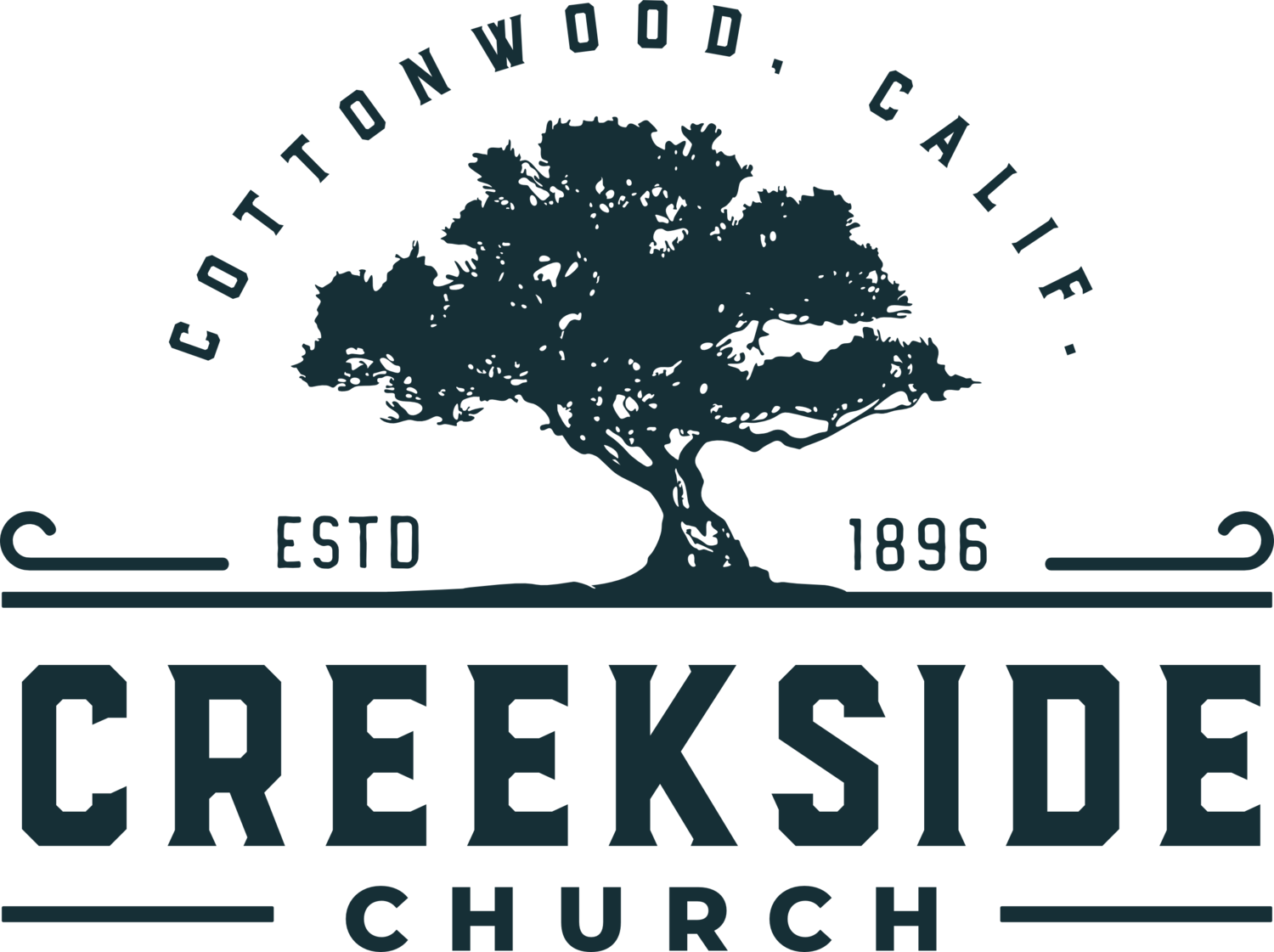The church community currently meeting at 3320 Brush Street has a storied history. From its humble beginnings in 1896 until now, God has worked continuously and powerfully through different seasons and iterations to live out the gospel of Jesus for the glory of God.
Since that early time, the church has gone by many names. Baptist Church. Sunday School (seriously, that’s all it was for a time!). The First Baptist Church of Cottonwood—the church went by this name a mere 70 years ago, beginning in 1949 with its incorporation. In each instance, the name reflected the nature of the community, its mission, and its values.
Today, the church community finds itself in a new season of ministry and mission, and as a result, our leaders have sensed God leading us to be called by a new name. We sense that this new name does not bring about the end of one story, but simply the start of a new chapter, building upon and expanding the grand narrative of God’s work in our region.
THE PROCESS
Our decision to seek a new name was inspired by the changes made within our oversight network, Venture Churches (to learn more, read here). In short, the network realized that its former name (Conservative Baptists of America) no longer connected with what it originally communicated. What was intended as a theological position became cultural and political.
This shift caused us to look at our own name under the same microscope. And through prayer, consideration, and wise counsel, we came to the same conclusion: a new name was needed.
One hundred and twenty-five years ago, when our church was established as the “first” Baptist church in Cottonwood, our denominational identity was clearly understood and respected in communities all over the U.S. Today, however, there are so many different Baptist churches, with such a variety of beliefs and characteristics that the name “Baptist” has become muddied— even slandered.
Today, we live in a post-denominational world. People want to go to a Christian church that teaches Biblical principles but is not bogged down by the denominational add-ons.
We will continue to hold fast to the foundational tenets of Baptist theology: (1) salvation by God’s grace alone and our faith in Jesus Christ, (2) the complete authority of the Bible, (3) baptism by complete emersion as a testimony of our faith and regular communion, and (4) a freedom of religion that stresses the importance of missional living and sharing the gospel locally and abroad (it might surprise you that many, if not most, “non-denominational” churches hold to the very same “Baptist” values!). Yet our mission and and character will be better served by a name that better reflects who we are in a post-Christendom world.
INTRODUCING: CREEKSIDE CHURCH
As our elders prayed and talked, the name became clear. We would be called Creekside Church. God led us to this name for a few reasons.
Our Parish is our Town
The town of Cottonwood was founded beside a sprawling creek, known as Cottonwood Creek. The Creek in fact is one of the defining features of our town. While the church property is not physically beside the creek, the whole town is, and that’s really the point. For us, our community IS the town. It’s the people who live here and work here and raise their families here. It’s our mission field—our friends and neighbors and coworkers who live and play among us. Whether we gather at the worship center downtown, or meet up in homes or parks or cafés, we meet Creekside. We live here, we fight for the the people here, and we pray for the powerful work of Jesus to bring about curse-reversing, life-giving transformation.
A Welcoming Spirit
Historically, the waters of baptism were a unifying event. In the early third century, new believers would be led to a pool of flowing waters (not unlike a creek!). Their jewelry, their fancy clothes, anything that might mark a person for their worldly value and importance were removed, and each person went under the waters and raised by the same power, the same gospel, the same Spirit that raised Jesus from the dead.
But it goes back further than that. Jesus would often speak near bodies of water, where powerful church leaders and the marginalized poor would sit and listen to same message, and each was offered the same gift of grace. Women who were otherwise ostracized from temple meetings gathered by rivers to read the Scriptures and learn. And most scandalous of all, Jesus even offered “living water” to a half-Jewish woman known for her indiscretions (John 4).
Jesus didn’t discriminate when it came to who ought to hear the gospel of grace. Neither do we. The name Creekside reminds us that we are not separated nor special because of our heritage or our theological traditions or our cultural images; instead, “we are saved through the grace of the Lord Jesus in the same way they are” (Acts 15:11).
Taking Root and Finding Life
Perhaps most powerfully of all, God led us to Psalm 1:
His delight is in the Lord’s instruction,
and he meditates on it day and night.
He is like a tree planted beside flowing streams
that bears its fruit in its season
and its leaf does not wither.
Whatever he does prospers.
We sincerely believe that it is our calling to be like that tree, rooted beside the life-giving waters, growing deeper in Christ and multiplying the fruit of the Spirit. As disciples of Jesus, our hope is grow from little acorns to mature oaks, unwavering in our convictions and with eternity in our view. This is why, while our name refers to the waters, our imagery refers to out identity as trees that yield the fruit of the Gospel of Jesus Christ with all whom God brings into the shade of our branches.
